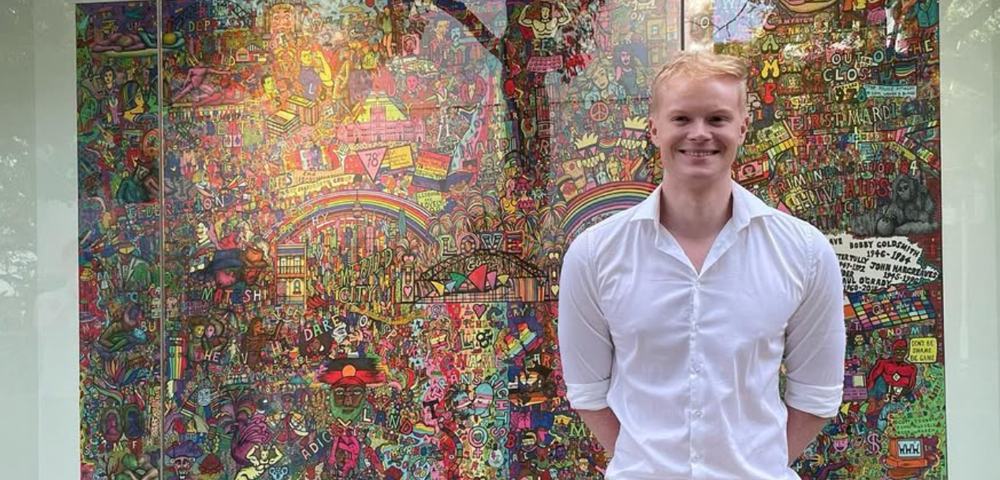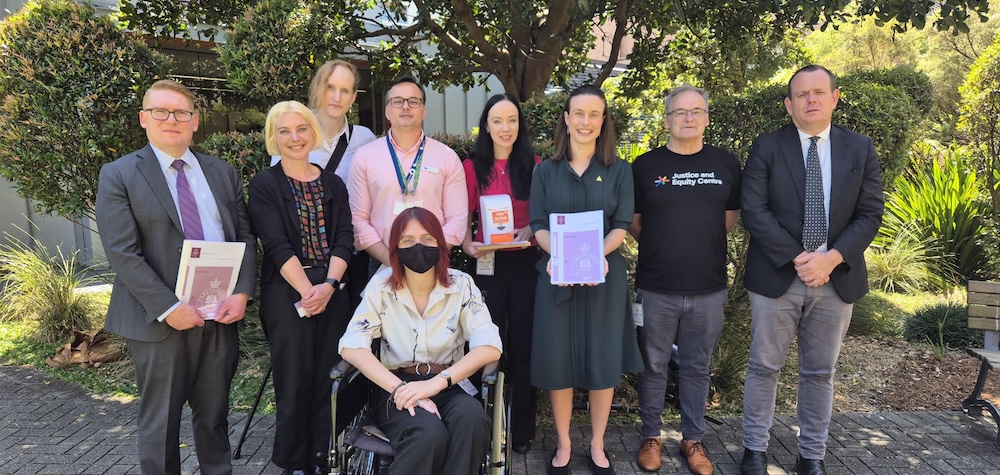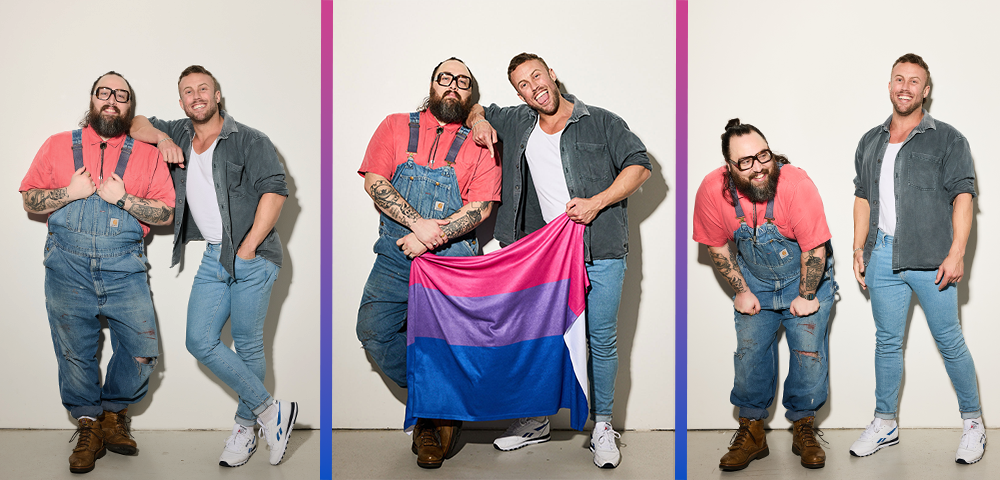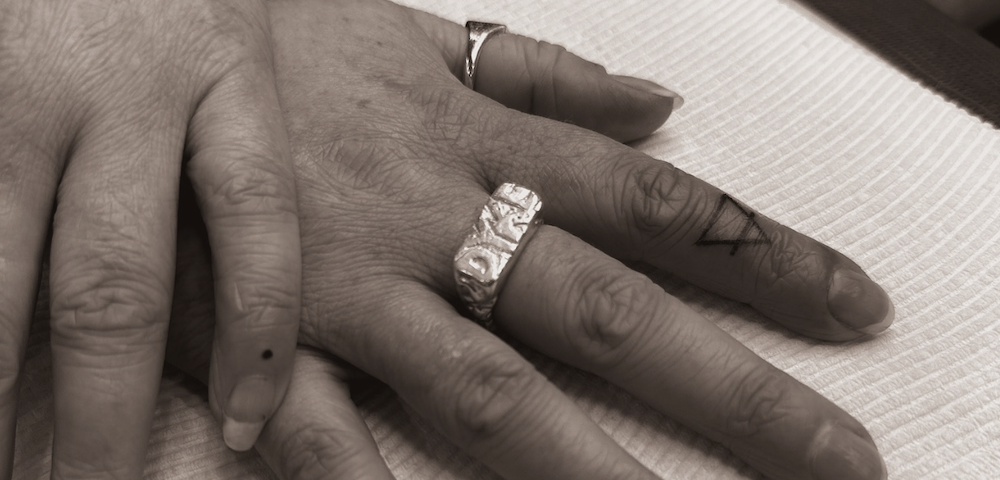
Self and Sexual Health
Self-esteem. It is a seemingly simple word. There’s a lot of talk about self-esteem, from pop psychology, self-help books, internet articles and TV talk shows. A lot of people talk about high self-esteem as a good indication of health and wellbeing. Some people spend a lot of time and resources to try and boost their self-esteem. But what is self-esteem and how does it relate to sex?
In its simplest form, self-esteem can be interpreted as the way we see ourselves. Those with high self-esteem are believed to primarily focus on the positive side of things. Those with low self-esteem are viewed as having a very low opinion of themself. Those with balanced self-esteem are perceived to be able to focus on the positives while recognising that there are some not-so-positive aspects of their personality.
Being same-sex attracted can affect our perception of ourselves. Living in a society filled with images of heterosexuality, it is common for same-sex attracted individuals to feel ‘bad’ for not ‘fitting in’ with the heterosexual model. Most same-sex attracted individuals have gone through the stage of low self-esteem for being ‘different’. Feeling rejected, unworthy, not belonging and lonely can have a damaging effect on the way we see ourselves.
Self-esteem can also influence our ability to negotiate safe-sex. This is not to say that those with high and balanced self-esteem always practice safe-sex; there are multiple factors that affect condom use, with self-esteem being one of them. It is widely believed however that those with low self-esteem are more likely to engage in unprotected anal intercourse to avoid rejection. Focusing mainly on the negatives may hinder their ability to communicate safe-sex; avoiding the feeling of loneliness is seen as more important because it can temporarily boost their self-esteem. In this framework, self-esteem relates to self-efficacy. That is, the confidence and ability to negotiate and practice safe-sex.
How can we counter negative self-perception on the basis of sexuality? How can we work on the ‘self’ to maintain our sexual health?
Finding and maintaining a supportive social network is just one way to help maintain a balanced self-esteem. Having friends, family members and work colleagues that embrace same-sex attraction can be used to counter negative attitudes against same-sex attraction. This can increase our sense of belonging and make us feel ‘worthy’ and ‘accepted’ to challenge our own negative perception of the ‘self’. Meeting others just like us can help us to maintain a balanced self-esteem.
The Peer Education Program at the Victorian AIDS Council/Gay Men’s Health Centre runs several workshops for same-sex attracted men. To find out more, go to www.vicaids.asn.au/peer-education-program or call 9865 6700 or e-mail peer_ed@vicaids.asn.au.
By BUDI SUDARTO, Victorian AIDS Council/Gay Men’s Health Centre









